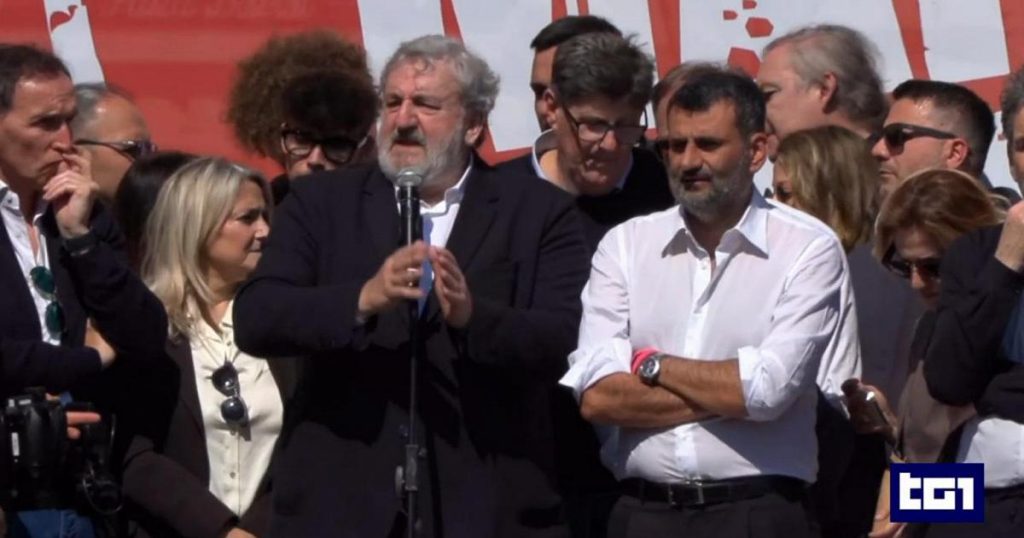In 2004, Michele Emiliano became the mayor of Bari for the center-left. One of his main goals was to tackle the presence of the mafia in the city, specifically the Capriati clan in Bari Vecchia. This led to the closure of traffic in the area and the implementation of redevelopment projects aimed at returning the neighborhood to legality. The mafia clans in the city of Bari included the Strisciuglio clan led by Domenico Strisciuglio, the Parisi clan led by Savino Parisi, and the Capriati clan, led by Antonio Capriati. There were violent conflicts between these clans, resulting in innocent victims like Michele Fazio and Gaetano Marchitelli, teenagers who were killed in the crossfire.
During this time, Antonio De Caro, a young member of the socialist autonomists, served as the councilor for traffic, transportation, and mobility in Emiliano’s administration. Emiliano recounted an incident where De Caro was threatened by a member of the Capriati clan while conducting inspections for the redevelopment of Bari Vecchia. Emiliano intervened to ensure De Caro’s safety and emphasized the importance of his work to protect children from traffic accidents in the neighborhood. The measures taken by the administration aimed to empower the community and reduce the influence of the mafia in the area.
In response to recent events in Bari, including the arrest of over 130 people with ties to mafia organizations, Interior Minister Matteo Piantedosi proposed the possibility of dissolving the Bari municipal government due to mafia infiltration. This decision sparked a demonstration in support of the current mayor, Antonio De Caro, who was being criticized for the measures taken against mafia influence in the city. The dialogue between Emiliano and Decaro about the past events in Bari Vecchia highlighted the tensions between political figures and their approaches to addressing mafia-related issues.
The controversy surrounding Emiliano’s anecdote, which involved a visit to the sister of a mafia boss, raised concerns about the relationship between local governments and organized crime. Decaro clarified the events from his perspective, stating that there was no visit to the sister of a mafia boss and that they had faced opposition from residents during the implementation of traffic restrictions in Bari Vecchia. The political debate surrounding this issue escalated, with calls for action against mafia infiltration in local governments and accusations of using the Anti-Mafia Commission for electoral purposes.
There were differing opinions within the political sphere regarding how to address mafia infiltration in local governments. While some politicians emphasized the need for stricter measures to combat organized crime, others questioned the motives behind certain actions and called for a balanced approach. The Anti-Mafia Commission was urged to investigate Emiliano’s statements and gather more information to understand the situation fully. The debate surrounding the incident reflected broader concerns about the relationship between politics, law enforcement, and organized crime in the region.














